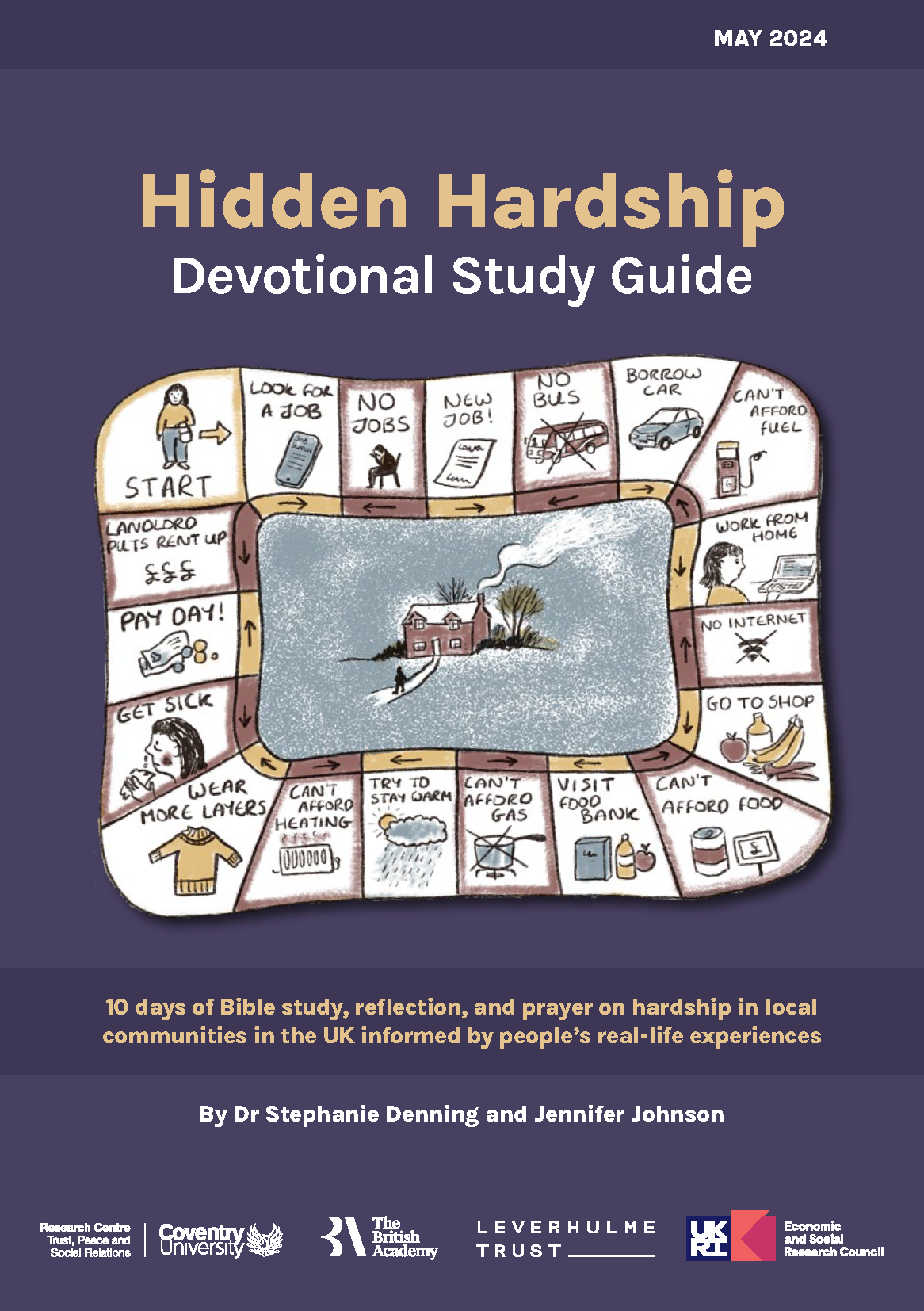The Hidden Hardship Report for Policymakers and Community Leaders is now available to read.
The report is written for national and local policymakers and community leaders to better understand hardship in the North Cotswolds: experiences of rural hardship, coping strategies, and barriers to improved wellbeing. It is based on this project’s participatory research with people experiencing and/or responding to hardship in the rural North Cotswolds in south-west England.
What are the main findings of the report?
Rural hardship in the North Cotswolds is often hidden because of the relative affluence experienced by the majority, and the high levels of tourism in the area. Associated with this, some participants felt stigma and shame in hardship.
The research found that hardship can be defined as struggle and tough times, reflecting daily struggle more than one-off ‘emergency’ situations. Rural hardship is not the same as urban hardship.
The causes of rural hardship can be summarised as ‘lacks of’ including government support and investment, employment, transport.
In people’s coping strategies, huge importance was given to informal support networks with friends and families, in addition to support offered by local groups although these could be difficult to access with limited transport options and a fear of stigma.
Barriers to improved wellbeing were to some degree perceived as outside of people’s control, which makes it difficult for people to envisage hardship improving. These included problems with transport, lack of government support and investment, and stigma/shame linked to inequality.
The report concludes with five implications for national and local policymakers and community leaders: (See section 6.1 of the report for the associated recommendations)

- Rural and urban hardship are not the same and each pose different challenges.
- People’s experiences of hardship often reflect ongoing daily struggle, rather than one-off ‘emergency’ situations.
- Many of the research participants living in hardship experienced challenges with their physical and/or mental health. Many had difficulty accessing medical appointments to improve their health.
- Rural hardship in the North Cotswolds is often hidden for the wealthier majority. This is played out in the contradiction of the strength and support of rural communities but with people in hardship experiencing or fearing stigma and shame.
- The ‘lacks of’ that cause and affect rural hardship need to be addressed in local and national government planning.
In early 2024 the report will be accompanied by an A4 policy briefing that can also be shared alongside the report. Come and find out more about the research with the Hidden Hardship Exhibition at Coventry Cathedral January-February 2024.



